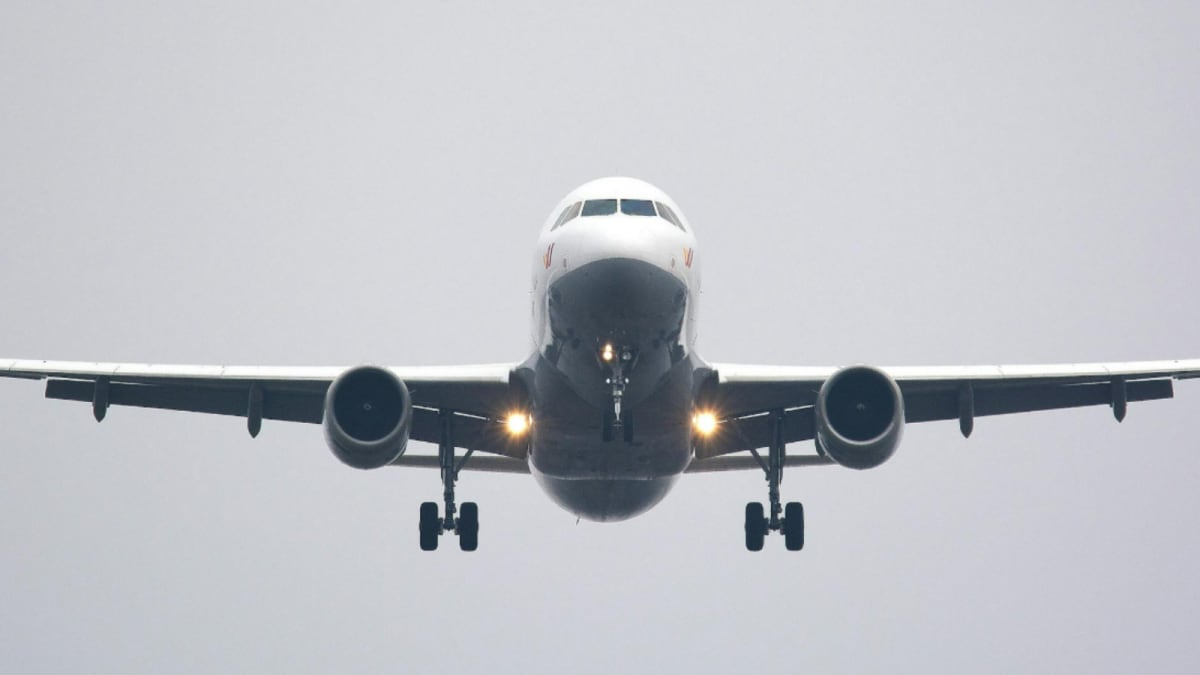Apr 05, 2025 11:41 AM IST
Fearing a price hike, Americans are rushing to buy essentials like shoes, furniture, coffee and cars before Trump’s tariffs hit their wallets.
Trolleys are full and tempers are flaring as shoppers across the United States scramble to beat the price rise, with President Donald Trump’s sweeping new tariffs triggering a rush on everything from avocados to automobiles.

The looming surge in costs has sent people flocking to stores in a wave of panic buying, hoping to stock up on essentials like shoes, furniture, coffee, and cars before the hike hits their wallets.
Trump said the new reciprocal tariffs are aimed at “leveling the playing field.” However, trade and supply chain experts say the move will lead to higher input costs for businesses, reduced profit margins, and eventually, increased prices for consumers.
The automotive sector is witnessing increased activity as consumers rush to buy cars, especially those assembled outside the U.S., while shoppers are also prioritising the purchase of high-demand electronics like laptops, smartphones and tablets, Associated Press reported.
Here is a list of what Americans are stocking up on before prices rise:
- Electronics: Americans are rushing to purchase electronics such as laptops, smartphones, and tablets before the tariffs take effect. Many of these items include components sourced from abroad, especially China, and are likely to see price increases due to the new trade measures.
- Home appliances: Demand for home appliances like refrigerators, washing machines, dishwashers, and microwaves has surged. These large items often rely on imported parts, and retailers are warning of higher prices in the coming weeks. Consumers who were considering purchases are now accelerating their timelines to beat the expected hikes.
- Cars and electric vehicles: Buyers are also flocking to showrooms, especially for electric vehicles and imported cars, which could be directly impacted by the tariffs. Automakers and dealerships have reported increased interest as consumers try to lock in deals before prices go up. The tariffs are expected to affect both finished vehicles and parts.
- Furniture: Households are making early purchases of furniture including sofas, beds, desks, and dining sets. Much of this furniture is imported or made from materials that are, which makes them vulnerable to costlier production due to the tariffs.
- Footwear and apparel: Clothing and shoe retailers are bracing for cost increases, and shoppers are responding by buying in advance. Categories like jeans, sportswear, casual shoes, and workwear are all seeing increased interest. Many American brands source materials or manufacture abroad, making them susceptible to the tariff impact.
- Children’s products: Products like diapers, toys, baby clothes, and strollers have also seen a spike in purchases. Many of these are imported and fall directly under the tariff list. With families concerned about affordability, there’s been a noticeable shift to stock up on these essentials before prices rise.
- Building and renovation materials: Homeowners and contractors are buying construction materials such as lumber, tiles, bathroom fixtures, and other hardware items before the tariffs take hold. These goods are heavily impacted by international supply chains, and the tariffs are expected to disrupt renovation budgets.
- Imported foods: Specialty food items like imported coffee, snacks, condiments, and international grocery goods are part of the pre-tariff shopping rush. Many of these items are favourites in urban markets and among niche consumers, and retailers have already started raising prices in anticipation of increased import costs.
- Fitness and wellness equipment: Shoppers are also buying fitness and wellness products such as treadmills, stationary bikes, massage chairs, and at-home gym gear. Many of these goods are imported or contain foreign components, making them susceptible to price hikes under the upcoming tariffs.
- Kitchen essentials: Small kitchen appliances such as blenders, toasters, air fryers, and espresso machines are in high demand. These are often imported directly or assembled using foreign parts, and many fall under the tariff category. Consumers are taking advantage of current prices before the expected surge.
With agencies inputs





